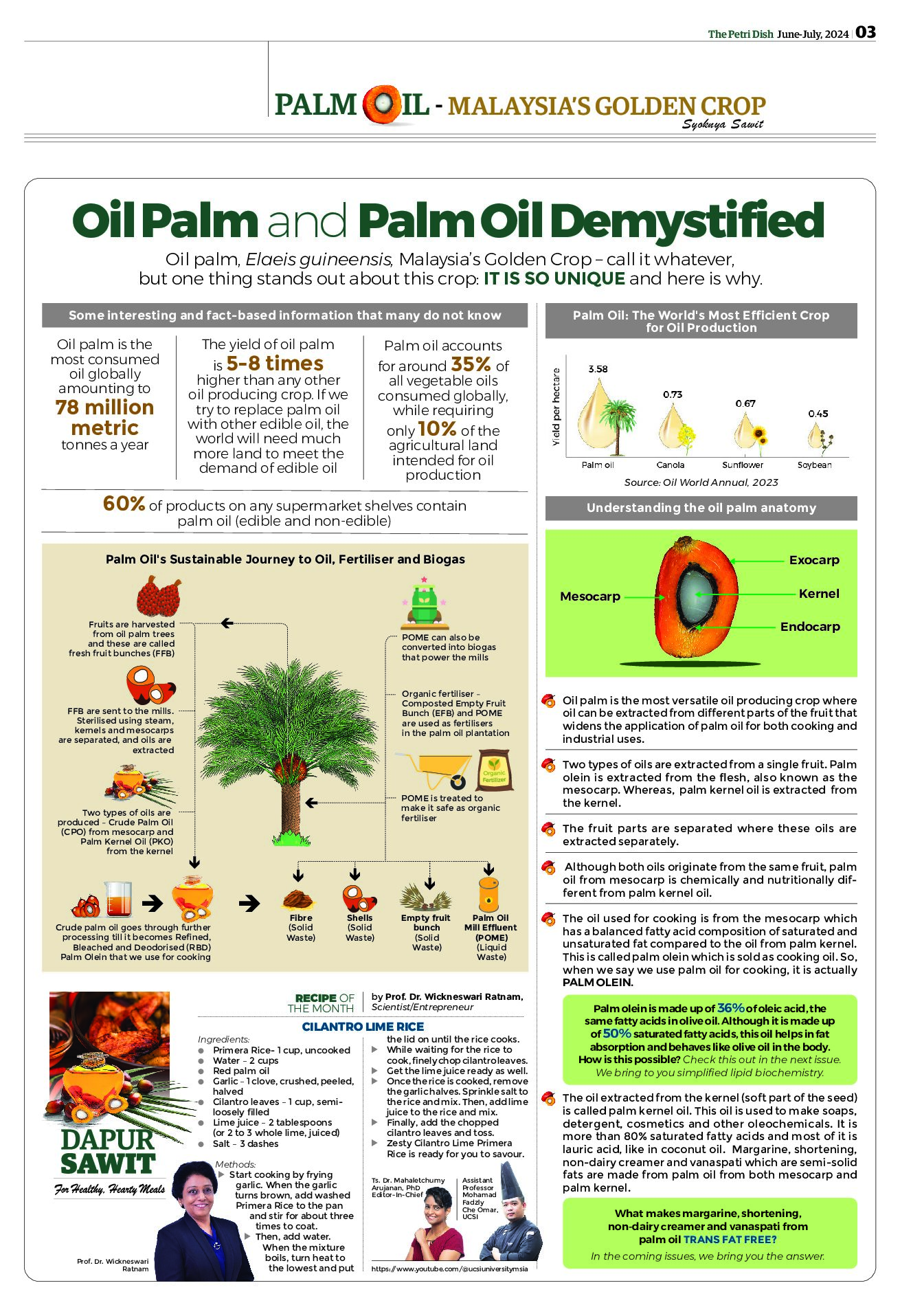GREEN TEA could hold the key to preventing deaths from heart attacks and strokes caused by atherosclerosis, according to a research funded by the British Heart Foundation and published in the Journal of Biological Chemistry.
Scientists from Lancaster University and the University of Leeds have discovered that a compound found in green tea, currently being studied for its ability to reduce amyloid plaques in the brain in Alzheimer’s disease, also breaks up and dissolves potentially dangerous protein plaques found in the blood vessels.
Atherosclerosis is the build-up of fatty material in our arteries that can reduce the flow of blood to the heart and brain. In advanced stages of the condition, a protein called apolipoprotein A-1 (apoA-1) can form amyloid deposits, which are similar in structure to those associated with Alzheimer’s disease.
These deposits build up within atherosclerotic plaques. Here, they increase the size of the plaques, further restricting blood flow, and may also make the plaques less stable, increasing the risk of a heart attack or stroke.

















